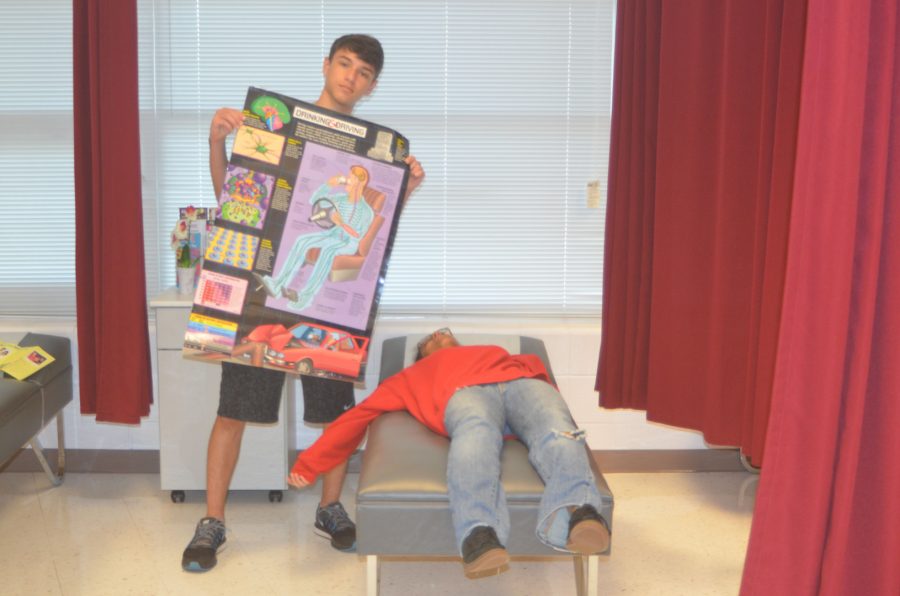CON: New Law Berates Supervised Drinking
May 18, 2016
Time and time again, underage drinking and its unintended consequences has resulted in far too many untimely deaths of bright teens we know.
This unfortunate reality serves as the justification for both the furnishing of alcohols to minors by concerned parents and the passage of a new bill that will toughen penalties for this act by adding jail time.
While drunk driving accidents are tragic, the passage of Alex and Calvin’s Law leaves me with an uncomfortable feeling of complacency. Is the state really handling the issue of underage drinking, or is it providing lip-service in preventing an act commonly seen as a rite of passage by both parents and adults?
While I do not condone underage drinking or providing alcohol to minors, I do realize the limitations of this bill, as emphasizing blame on the parents does little to prevent minors from drinking again.
In the case from Wootton HS, the victims of the crash were able to retrieve alcohol without parental supervision and were traveling from one party to another at the time of the accident. That is the reality in our current culture of underage drinking; regardless of whether there is parental supervision or not, teens will still drink, as the demand for alcohol does not decrease despite the costs of trying to retrieve it.
The idea that toughening penalties will prevent this reality is the same argument used by those who support the war on drugs. Limiting the supply of a substance does not lessen the demand and instead enables more criminal behavior as teens will find another way to retrieve alcohol, either through older friends or with the use of fake IDs, and drink with no supervision at all.
While underage drinking is an unfortunate and reprehensible activity, we cannot act as if that adults monitoring children is not the lesser of two evils. A common issue at underage parties and a fear of parents who choose to host pasties is a teen getting alcohol poisoning, where their peers are reluctant to call for help because of the fear they will receive underage drinking citations.
It is the fear of receiving a citation that can stop a teen from calling 911 when their friend could be in a potentially life threatening situation. The idea that they could face a relatively minor legal consequence is enough for teens to hide their usage, so wouldn’t a better solution to this problem be increased accountability for teens instead of parents? The prospect of having a real criminal record for a poor decision in their youth could be much more effective in preventing underage drinking parties than punishing the parents of those who will drink anyway.
This law would lead to legal implications in communities that are low-income where parents may have no choice but to work longer hours. According to research from the Alcohol Health and Research World, advertising for alcohol beverages is disproportionately concentrated in low-income minority neighborhoods. Parents in these neighborhoods would be targeted if the penalties were raised, and calling this “bad parenting” would be a dangerous oversimplification.
Thankfully, the law attempts to protect parents who unknowingly furnish alcohol to minors, as ignorance does not equal complicity.



